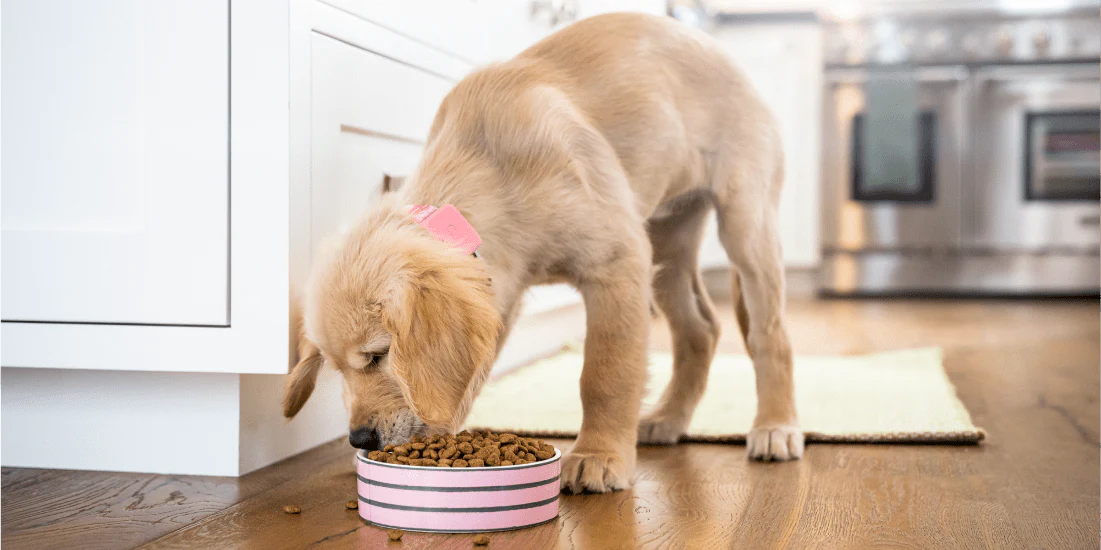Proper nutrition is fundamental to the health and well-being of your Pitbull. Providing a balanced diet that meets their nutritional needs supports their energy levels, muscle development, and overall vitality. Here’s a comprehensive guide to Pitbull nutrition, including tips on choosing the right food and feeding practices:
1. Understanding Pitbull Dietary Needs
Pitbulls are active, muscular dogs that require a balanced diet to maintain their energy levels and support their physical activity. The key nutritional requirements for Pitbulls include:
- Protein: High-quality protein is essential for muscle maintenance and growth. Look for dog foods that list meat or meat meal as the first ingredient.
- Fat: Healthy fats provide energy and support skin and coat health. Opt for foods with moderate fat content, derived from sources like chicken fat or fish oil.
- Carbohydrates: Carbohydrates provide energy for active Pitbulls. Choose whole grains like brown rice or oats over fillers like corn or wheat.
- Vitamins and Minerals: Ensure your Pitbull’s diet includes essential vitamins and minerals, such as vitamins A, D, E, and B-complex, as well as minerals like calcium, phosphorus, and zinc.
2. Choosing the Right Dog Food
- Commercial Dog Food: Select high-quality commercial dog foods formulated for Pitbulls or all life stages. Look for brands that meet AAFCO (Association of American Feed Control Officials) standards for complete and balanced nutrition.
- Consider Breed-Specific Formulas: Some brands offer breed-specific formulas tailored to the needs of Pitbulls, including protein levels suitable for their active lifestyle.
- Read Ingredient Labels: Check the ingredient list and prioritize foods with named meat sources (e.g., chicken, beef, lamb) as the main ingredients, rather than by-products or fillers.
3. Feeding Guidelines
- Portion Control: Determine the appropriate amount of food based on your Pitbull’s age, weight, activity level, and metabolism. Follow feeding guidelines provided by the dog food manufacturer.
- Divide Meals: Divide daily food portions into two or three meals to prevent overeating and aid digestion. Avoid free-feeding to maintain a healthy weight.
- Monitor Body Condition: Regularly assess your Pitbull’s body condition by feeling their ribs and waistline. Adjust food portions accordingly to maintain a lean, healthy body condition score.
4. Special Considerations
- Puppy Nutrition: Pitbull puppies have specific growth requirements. Choose puppy formulas that provide higher protein and calorie levels to support their rapid growth and development.
- Senior Nutrition: Older Pitbulls may benefit from senior-specific dog foods formulated with joint support and lower calories to prevent obesity.
- Health Conditions: If your Pitbull has specific health concerns, such as allergies or joint issues, consult your veterinarian for dietary recommendations or specialized diets.
5. Hydration
- Water Access: Ensure your Pitbull has access to fresh, clean water at all times. Proper hydration supports digestion, regulates body temperature, and helps maintain overall health.
Conclusion
By providing a balanced and nutritious diet tailored to their needs, you can help your Pitbull thrive throughout their life.
Regular veterinary check-ups, monitoring their body condition, and adjusting their diet as needed are essential practices for ensuring optimal health.
Remember, every Pitbull is unique, so consider their individual preferences and nutritional requirements when selecting and feeding them the right diet.
A well-nourished Pitbull is not only healthier but also happier and more energetic, ready to enjoy life to the fullest with you.


Leave a Reply